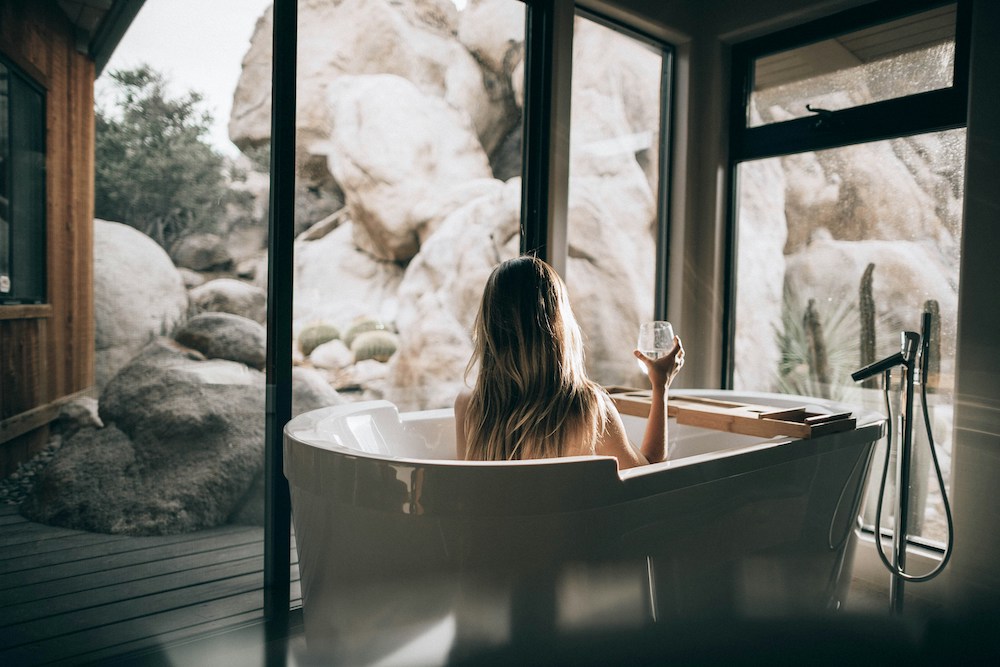In a world where social events, celebrations, and even casual evenings often revolve around alcohol, the decision to live without it can feel daunting. Yet, for many people, stepping away from alcohol isn’t just a choice; it’s a transformative journey toward greater clarity, connection, and fulfillment. Whether you’re considering reducing your intake or going entirely alcohol-free, this guide explores the benefits, challenges, and joys of life without alcohol.
1. Why Choose an Alcohol-Free Life?
For some, the decision to stop drinking stems from a desire to improve physical health. Alcohol can take a significant toll on the body, impacting liver function, sleep quality, and overall well-being. Others may want to address mental health concerns, as alcohol is a known depressant that can exacerbate anxiety and depression.
Some individuals simply wish to gain more control over their lives, freeing themselves from habits that no longer serve them. Regardless of the reason, choosing an alcohol-free lifestyle is an empowering decision that prioritizes self-care and personal growth.
2. Physical Benefits of Cutting Out Alcohol
One of the most immediate changes people notice when they stop drinking is improved physical health. Here are a few key benefits:
- Better Sleep: Alcohol disrupts REM sleep, leading to poor-quality rest. Without it, you’re likely to wake up feeling more refreshed and energized.
- Improved Skin: Alcohol dehydrates the skin and can cause inflammation. Many people find that their complexion improves dramatically after quitting.
- Increased Energy: With better sleep and improved overall health, you’ll likely feel more energetic throughout the day.
- Weight Management: Alcohol is calorie-dense and often consumed alongside unhealthy snacks. Removing it can make it easier to maintain a healthy weight.
- Enhanced Immunity: Alcohol weakens the immune system, so cutting it out can help your body better fend off illnesses.
3. Mental and Emotional Clarity
Life without alcohol brings a profound sense of mental and emotional clarity. Many people find that their mood stabilizes, their anxiety decreases, and they’re better equipped to handle stress. This is because alcohol can mask underlying emotions, making it harder to confront and resolve them.
When you remove alcohol, you’re giving yourself the chance to face your feelings head-on, leading to personal growth and emotional resilience. You’ll also discover more authentic ways to connect with others and cope with challenges.
4. Social Dynamics Without Alcohol
One of the biggest concerns people have when considering an alcohol-free life is how it will affect their social interactions. The truth is, it can be an adjustment, but it’s entirely possible to maintain a vibrant social life without alcohol. Here’s how:
- Redefine Fun: You don’t need alcohol to have a good time. Look for activities that focus on connection and shared experiences, like hiking, game nights, or creative workshops.
- Communicate Your Choice: Be honest with friends and family about your decision. Most people will respect your choice, and you may even inspire others to rethink their relationship with alcohol.
- Find Like-Minded Communities: Join groups or events that celebrate sobriety, such as alcohol-free meetups or wellness retreats. Building a support network can make the transition easier.
5. Navigating Challenges
Living without alcohol isn’t without its challenges, especially in a society that normalizes drinking. Here are some common hurdles and how to overcome them:
- Social Pressure: Friends or colleagues may encourage you to drink. Politely but firmly decline, and remember that your decision is about your well-being.
- Boredom: Without alcohol, you might initially feel a void in your routine. Use this as an opportunity to explore new hobbies or interests.
- Emotional Triggers: If you’ve used alcohol to cope with stress or sadness, find healthier outlets like therapy, journaling, or exercise.
6. Discovering New Joys
An alcohol-free life isn’t about deprivation; it’s about rediscovery. Many people find that they’re able to:
- Be Present: Without the fog of alcohol, you can fully engage in moments and create more meaningful memories.
- Explore Passions: Whether it’s cooking, painting, or traveling, you’ll have more energy and clarity to pursue the things you love.
- Deepen Relationships: Sobriety often leads to more honest and authentic connections with others.
7. The Ripple Effect of Sobriety
Choosing to live without alcohol can have a positive ripple effect on those around you. Friends and family may feel inspired by your choice, and your decision can contribute to breaking the stigma around sobriety. By normalizing alcohol-free living, you’re helping to create a culture that values wellness and authenticity.
8. Tips for Starting Your Alcohol-Free Journey
If you’re ready to embark on an alcohol-free life, here are some tips to help you get started:
- Set Clear Goals: Decide whether you want to quit entirely or simply reduce your intake. Write down your reasons and revisit them when you need motivation.
- Track Your Progress: Keep a journal to document your thoughts, feelings, and milestones along the way.
- Seek Support: Whether it’s through friends, online communities, or professional counseling, having support can make the journey easier.
- Celebrate Milestones: Recognize and celebrate your progress, whether it’s a week, a month, or a year without alcohol.
- Stay Open-Minded: Be patient with yourself and remain open to the lessons and insights that sobriety can bring.
9. Life Beyond Alcohol: A Personal Transformation
Living without alcohol isn’t just a lifestyle change; it’s a journey of transformation. As you shed the habits that no longer serve you, you’ll uncover a stronger, more authentic version of yourself. You’ll find joy in the simple pleasures of life, from meaningful conversations to the beauty of a clear morning.
In choosing sobriety, you’re not giving up anything—you’re gaining the freedom to live fully, with clarity and intention. The path may not always be easy, but the rewards are immeasurable. So take that first step, and embrace the possibilities of a life without alcohol.
Best Books to Help You Stop Drinking
- This Naked Mind by Annie Grace
- Quit Like a Woman by Holly Whitaker
- Alcohol Explained by William Porter
- Blackout by Sarah Hepola
- We Are the Luckiest by Laura McKowen
- The Unexpected Joy of Being Sober by Catherine Gray
- Sober Curious by Ruby Warrington
- Drinking: A Love Story by Caroline Knapp
- The Sober Diaries by Clare Pooley




